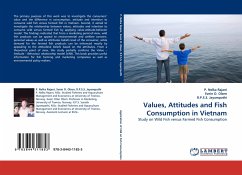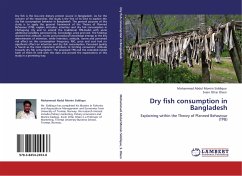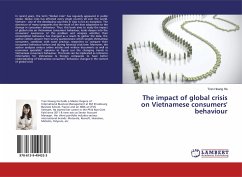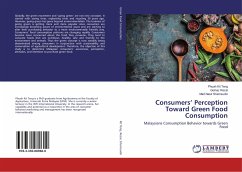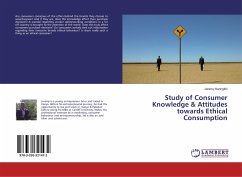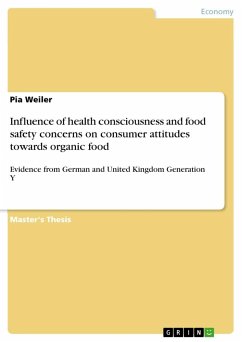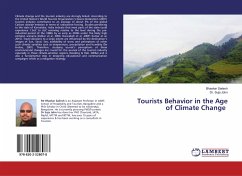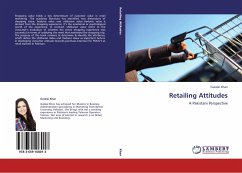The primary purpose of this work was to investigate the consumers' value and the difference in consumption, attitude and intention to consume wild fish versus farmed fish in Vietnam. Second, it aimed to investigate the relationship between values, attitudes and intention to consume wild versus farmed fish by applying value-attitude-behavior model. The findings indicated that from a marketing point-of-view, wild fish products can be appeal to environmental and welfare concern, personal values as well as attributes beliefs level of the consumer, while demand for the farmed fish products can be enhanced mostly by appealing to the attitudinal beliefs based on the attributes. From a theoretical point of view, this study partially confirms the Value Attitude Behaviour relationship model (VAB). This book provides useful information for fish farming and marketing companies as well as environmental policy makers.

